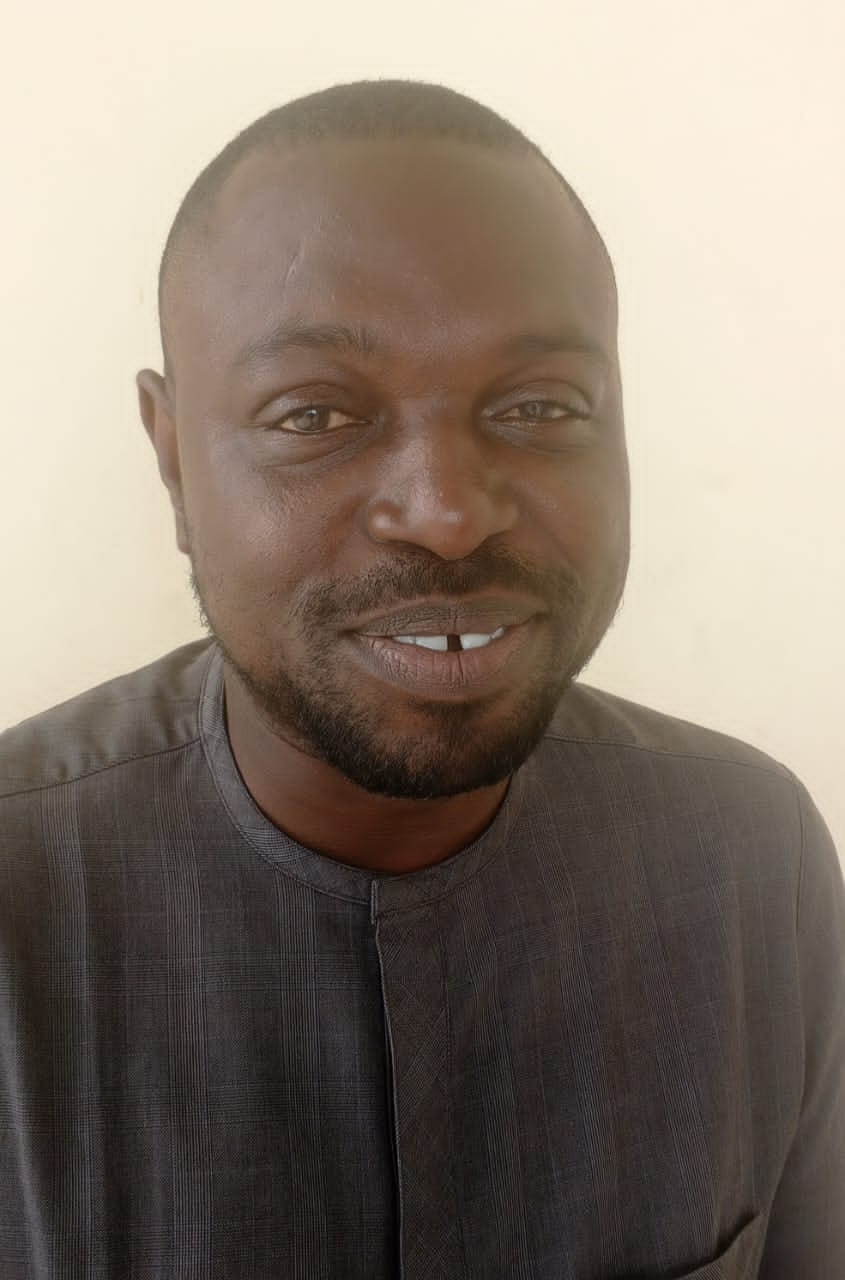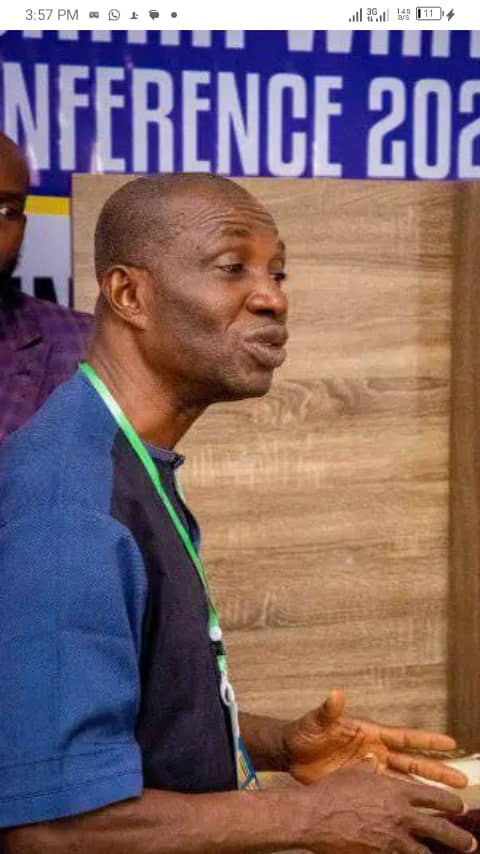Indigenous Art Festival, Asaba opens tomorrow, September 26, honours Evelyn Osagie, celebrates new yam
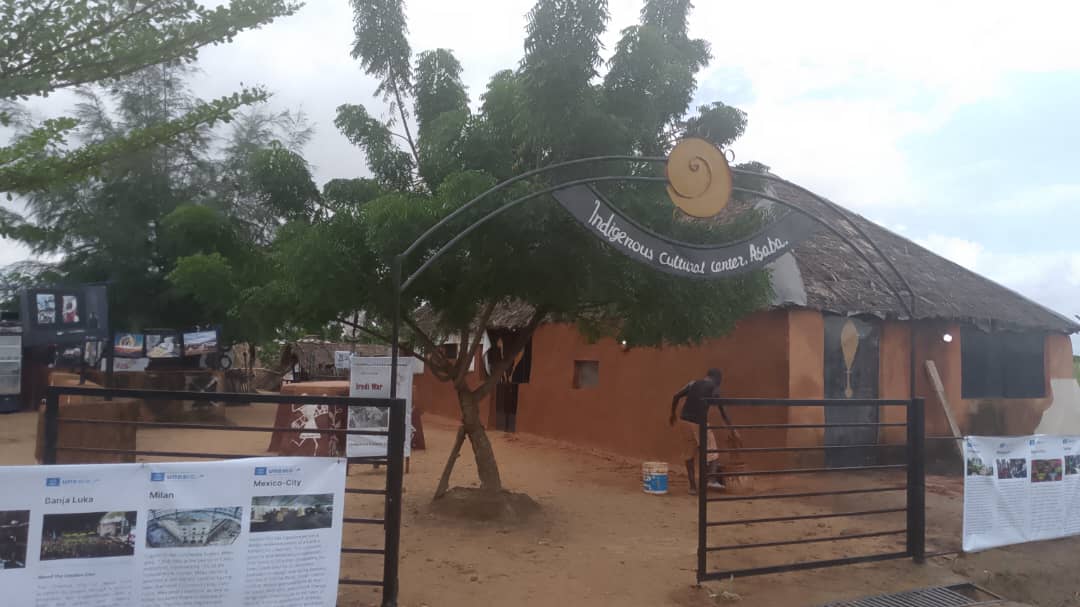
By Anote Ajeluorou
THE Washington Uba-led Indigenous Cultural Centre (ICC), domiciled at Delta State Film and Leisure Village, Asaba, will open the Indigenous Art Festival (IAF) 2025 edition tomorrow, Friday, September 26 and ends September 28, 2025. The 3-day feast of culture is the second edition of a festival that is increasingly becoming the go-to place for culture in Asaba and the entire state. The uniquely Afro-centric festival focuses on bridging the yawning gap between the past and the rapidly advancing present and how to engage the youths meaningfully, so they are not left behind in rehabilitating the past for future progress.
Importantly, the festival is dedicated to the memory of one of its lead artists at its first edition in 2024, but who has now passed on – Evekyn Osagie – a respected and vivacious culture journalist and performance artist. Just last week, festival director, Mr. Uba, declared that IAF would honour Osagie with a prize award to be known as Evelyn Osagie Performance Poetry Prize. The sum of N200,000 will be awarded to the best three performance poets. The prize will start next year, as call for entries will be made as soon as the festival ends next week, so performance poets have amble time to send in their works. Three winners will emerge and go home with N100,000, N60,000 and N40,000 respectively. The first prize winner will attend next year’s festival. Eligible participants will be young poets from ages 15—25, from secondary school to university students. Video recorded performances could be solo or group, possibly with audience participants in it.
Osagie worked with The Nation newspaper and performed on many stages before death snatch her away mid-August 2025 at 47. Mr. Uba envisions that the prize would keep her memory alive and teach young artists the need to persevere in their craft and not succumb to the challenges in their creative path.
“The Indigenous Art Festival is a cultural picnic, a direction towards UNESCO 2030 Agenda of bringing youths to the table,” Festival Director, Mr. Uba, said. “There will be lots of activities; we want to make it a celebration of Asaba as UNESCO Creative City under Film category. Out of the 350 Creative Cities under UNESCO Network in 100 countries, Asaba happens to be one out of two cities in Nigeria, the second being Bida in Niger State, awarded for its Crafts and Folklore Art. We will celebrate Asaba with dance, drama, poetry, visual arts and more, and as a city of resilience that has faced a lot of challenges right from 1883 to 1914 in the recorded history of Ekumeku movement against the British occupation that happened to be the longest war the British ever fought in Nigeria before colonial era. That was the spirit of resistance and resilience, which correlates with the 21st century where Asaba has been able to sustain the tempo of the film industry, with many of them leaving Lagos and coming down to Asaba as a safe haven. And to crown it all, Delta is the only state in Nigeria that has a film village built by the state under former Governor Ifeanyi Okowa.”
Mr. Uba said those were the two parametres that UNESCO used in giving Asaba Creative City status under film. He stated that UNESCO actually has seven Creative City categories – Film, Literature, Crafts and Folklore Art, Design, Music, Gastronomy and Media Art, noting that Asaba is lucky to be among the 100 countries in the world to be part of UNESCO Creative Cities.
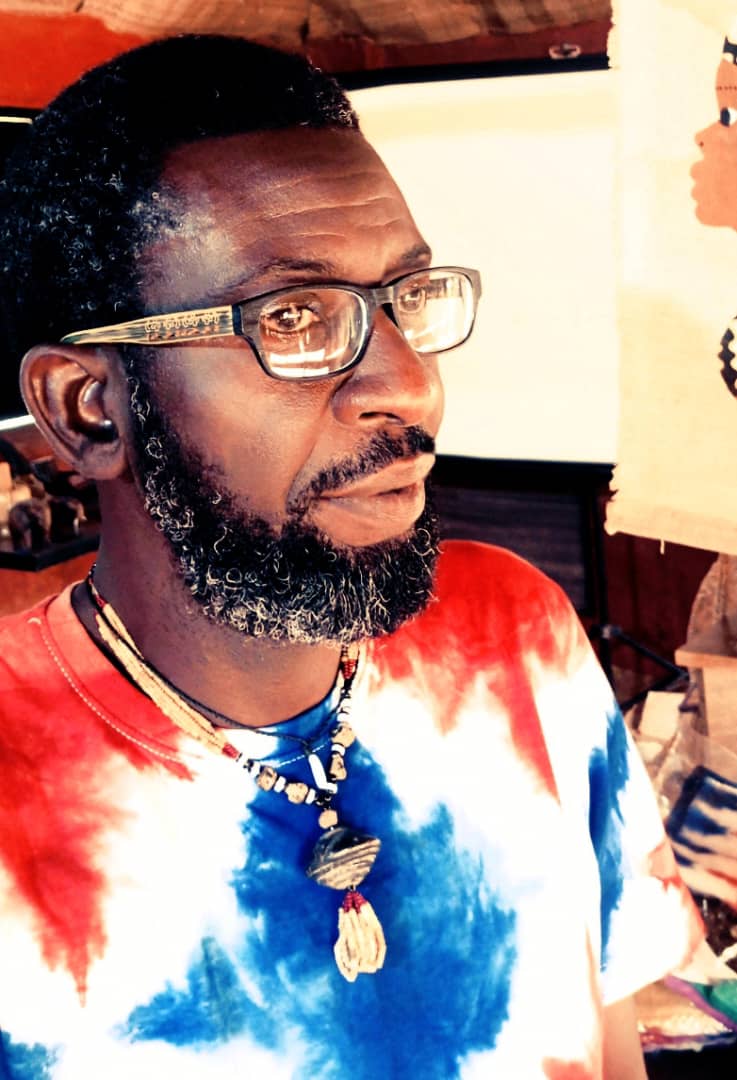
Festival Director, Mr. Washington Uba
“We will also perform Iredi War by Sam Ukala (of blessed memory) on the Ekumeku movement that was a guerrilla warfare across Anioma nation, which play won The Nigeria Prize for Literature 2014. Iredi War had to do with the Owa people; it will be the first guerrilla approach to theatre. Others had been done on stage, but ours will be a guerrilla approach to it and will be performed by the troupe, Blaze Africa House; it’s an abridged version we will put up and adapt the centre as a replica of what happened in 1906. There will be readings and conversations about the book, Ekumeku: The Rising Sun by Mazi Gracious Chidiebube, who’s coming from Port Harcourt.
“Also, in our usual way of trying to preserve indigenous African culture and traditions, acrobatic dancers, called Igbabonelimhin, will come from Uromi, Edo State tomorrow, Friday at the opening to spice up the festival. Onicha-Uku, where I come from, we share boundary with Ohordia in Edo State, and have intercultural affinity with Esan people. That is also when we will have our new yam festival.
“And in memory of our sister, Evelyn Eseoghene Osagie (aka Evelyn D’Poet), we are dedicating the festival to her – a renowned culture journalist and performance poet. She was instrumental and a figure to the founding strength and spirit of the Indigenous Cultural Centre that is organising the Indigenous Art Festival. So, her spirit will live forever at the centre. We will, as a matter of obligation, keep remembering her year in year out, as long as the centre lives.”
According to Uba, other notable attendees to the festival include Asaba-based playwright Joseph Nwamana, the guest speaker, who is an entertainment writer, Mr. Fred Iwenjora, Mr. Anote Ajeluorou, who will read from his ancestral-themed poetry collection, Libations for Africa and also give Evelyn Osagie Memorial talk on her life and work as a culture journalist, performance poet, photographer and textile artist. There will be visual art exhibition on climate change, using sculptural pieces to highlight the issues of plastic pollution, which happens to be this year’s theme for World Environment Day, a focus on plastics globally. Master Samuel Olashore is the resident artist at the centre; he’s from the Department of Fine and Applied Art, Dennis Osadebay University, Asaba.
In an environment like Asaba where there are no industries or corporate headquarters of Nigeria’s big businesses, sponsorship of a cultural programme like this could be a nightmare. But this doesn’t give Uba and his dedicated team sleepless nights. Instead, he digs deep into his inner strength and uses what is available to execute his festival vision.
According to him, “Funding is internally generated from myself and family, my younger brother and a couple of other people who support us. The MD of Contemporary Group, Mr. Kester Ifeadi is one such supporter of the centre. Notable filmmaker, Mr. Femi Odugbemi came here and supported us. Father of the day will be Regional Manager, North West -1, Bank of Industry, Dr. Dahiru Bala. The centre is worth over N100 million from locally sourced biodegradable materials. If you put that amount in a hotel, you’d see it, but if you come to the centre, you won’t believe it, because it’s a living centre, meaning that things keep being degraded and you keep replacing them as they happen. We use biodegradable materials because of the ecosystem and through the indigenous sculpting technique of our people. So it’s capital intensive, and we will be glad for support when it comes.”
However, Mr. Uba is quick to say that “we’re careful of the nature of support we receive. We don’t want support that has conditionalities, because once it does not align with the people’s vision of trying to raise the community’s visual and performing art, we decline it.”
Mr. Uba is upbeat that the centre’s proximity to the famous River Niger makes it a tourism haven that people should crave, noting that life in the centre is the closest to the way Africa’s ancestors lived – fresh food and palm wine being aplenty as delight to the culinary adventurers and beaten earth architectural material.
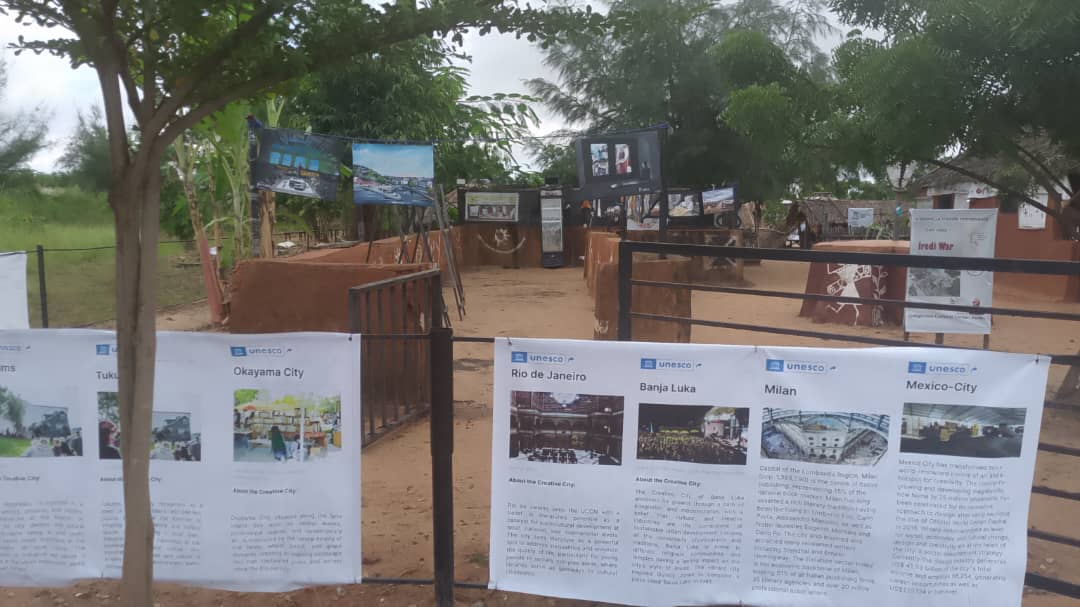
Indigenous Cultural Centre (ICC), Asaba wearing festive look


